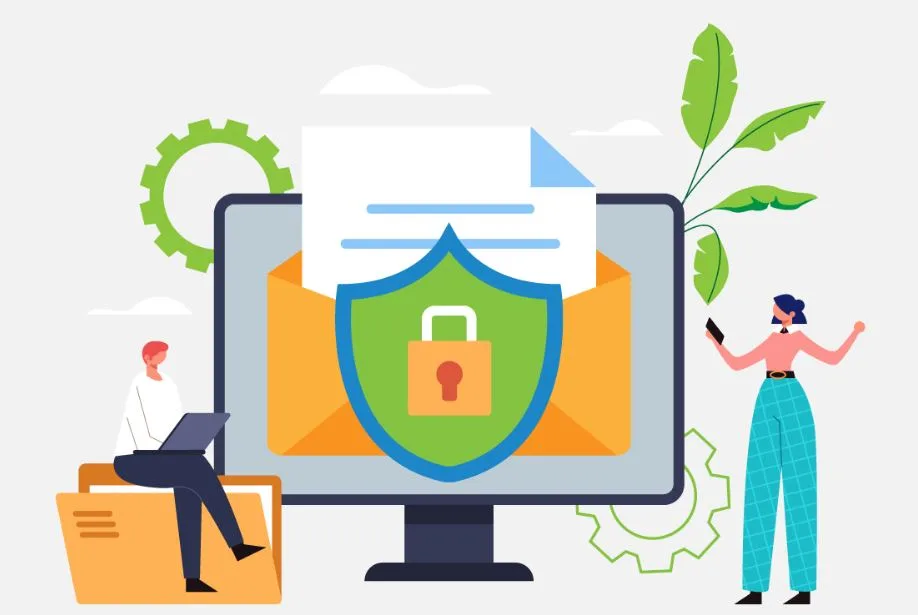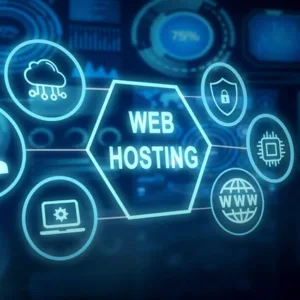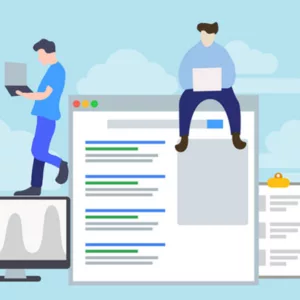Promoting secure email practices is a countermeasure against email attacks and breaches. Secure emails are encrypted messages that protect the confidentiality and integrity of sensitive information sent over the internet. Working with a reputable email provider and implementing secure email practices can reduce the risk of falling victim to cyberattacks. Here are some tips for promoting secure email practices with remote work:
Seek Proper PHI Storage and Disposal
Store and dispose of protected health information (PHI) correctly to prevent unauthorized access and maintain compliance with data privacy laws. This can help in maintaining the confidentiality, integrity, and availability of sensitive medical records. Storing PHI in a secure online location and disposing of it properly can also protect healthcare organizations from data breaches and penalties.
HIPAA provides methods for the proper and safe disposal of PHI. For electronically stored information, a business should clear the data using hardware or software to overwrite the sensitive information with non-sensitive information. Businesses can also purge PHI by exposing the data to a strong magnetic field that disrupts the domains. If a company keeps physical records of PHI, they should destroy the data by shredding, disintegrating, melting, or incinerating all copies of the records.
Use Secure and Updated Devices
Work on company-provided devices that are regularly updated with the latest security patches and antivirus software. This can prevent vulnerabilities and malware from compromising your email activities. The use of personal devices should be avoided, especially when accessing sensitive information. Personal devices may not have as strong cybersecurity as company-provided devices, so sensitive information is easier for hackers to access.
Use strong and unique passwords for all devices, and enable biometric authentication where possible. This adds an extra layer of security to your email account. Instead of having staff change their passwords every few months, use a generator to create strong passwords and a password manager to keep track.
Find a Secure Network
When accessing your email remotely, use a virtual private network (VPN) or a secure Wi-Fi connection. This will encrypt your data and prevent unauthorized access by hackers. Avoid using public Wi-Fi networks, as they are generally unsecured and pose a risk to the security of your email activities. Secure emails provide enhanced confidentiality, and this is only possible when using a secure network.
Regularly check the security of your network. Run a vulnerability assessment, IT risk assessment, and an IT audit. These tests will point out areas of vulnerability in the network infrastructure, make sure the network meets industry standards, and analyze the company’s security risk levels. Occasionally run a purposeful cyberattack to find holes in cybersecurity.
Update Your Email Software Regularly
Updating your email software helps in maintaining the security of your email account. With each update, software developers fix bugs and vulnerabilities that hackers could exploit. Updates also bring new features and improvements, helping to improve your overall experience using the email service. This includes enhanced security measures, such as two-factor authentication and improved encryption protocols. Outdated email software may not be compatible with other devices or services. This can cause issues when trying to access your emails on different devices or using third-party applications.
Stay Informed About Email Policies and Procedures
Regularly review email policies and procedures to stay informed about any changes. This can help you understand the rules and regulations surrounding email usage, such as acceptable content, privacy measures, and retention policies. Follow these guidelines when composing emails and using your email service. The policy may also include instructions on how to handle spam or phishing attempts, as well as guidelines for using email etiquette.
Be aware of the security measures implemented by your email service provider. This can help you understand the level of protection offered for your emails and any potential vulnerabilities. Familiarize yourself with their encryption protocols and data backup procedures.
Train Employees on Secure Email Practices
The simplest way to ensure employees are using secure email practices is to train them on how to create strong passwords. Hackers use tools that help them easily crack passwords and access sensitive information. A strong password will be at least 12 characters long, use a mixture of uppercase and lowercase letters, and have special symbols and numbers. The password should be random, not include personal information like birthdays or names, and should not be a common phrase.
Hackers use phishing schemes to introduce malware and target sensitive information. Train your employees on common schemes so they can identify them before clicking on a link they shouldn’t. Some methods hackers will try are posing as a superior and asking for data, posing at a service provider and requesting the employee log in by clicking on a link, and pretending to be part of a security team.
Phishing scams are becoming harder to detect so make sure employees are trained to know the signs. Employees should check the sender’s email address, recognize suspicious links, and look for errors in the email such as spelling errors, lack of signature, and lack of specific information like the employee’s name at the beginning of the email.
Strengthen Data Protection With Secure Emails
By adhering to data protection protocols, you can reduce the risk of unauthorized access to your personal and sensitive information. Stay informed about any changes in email policies and procedures and follow them diligently when using your email service. Use VPNs when accessing your email account from public networks, and do not click on suspicious links or attachments to avoid phishing and malware attacks. Invest in secure email systems to enhance the protection of your data.





